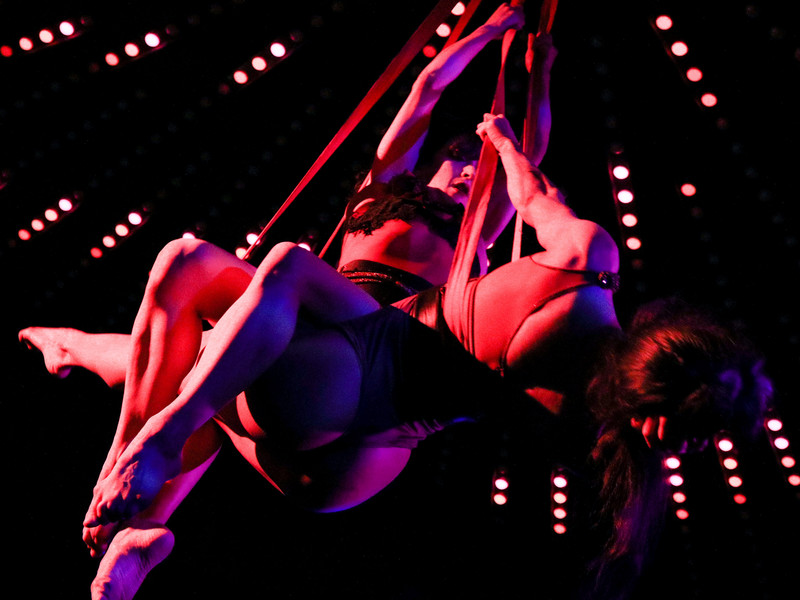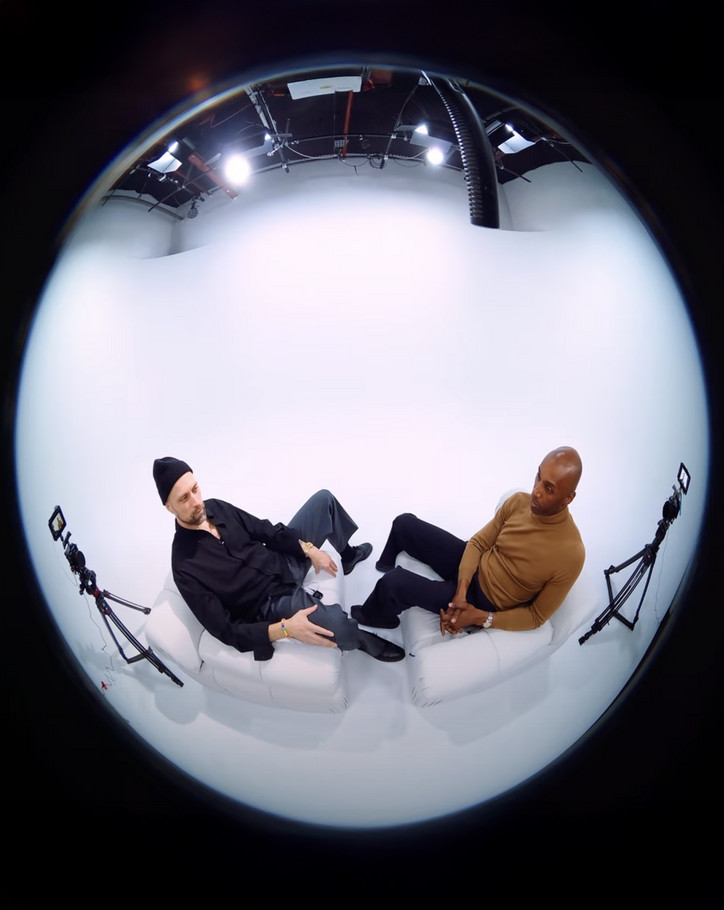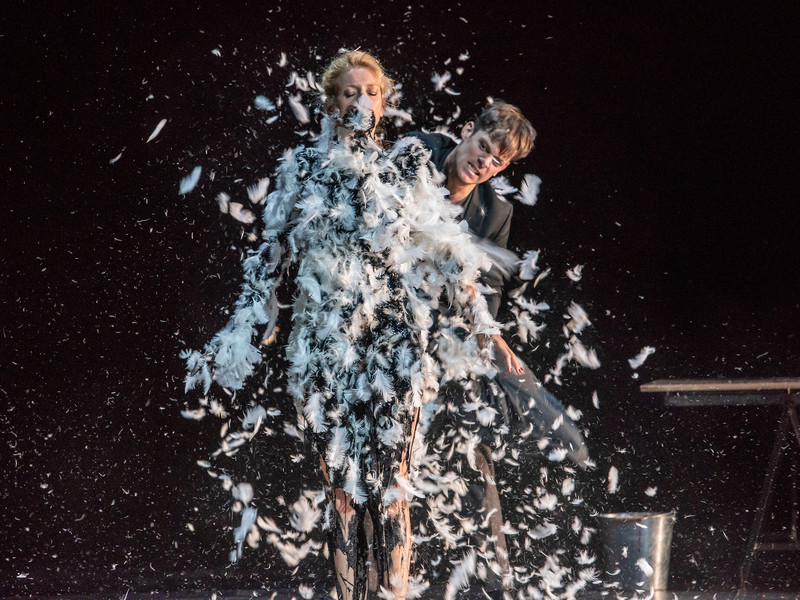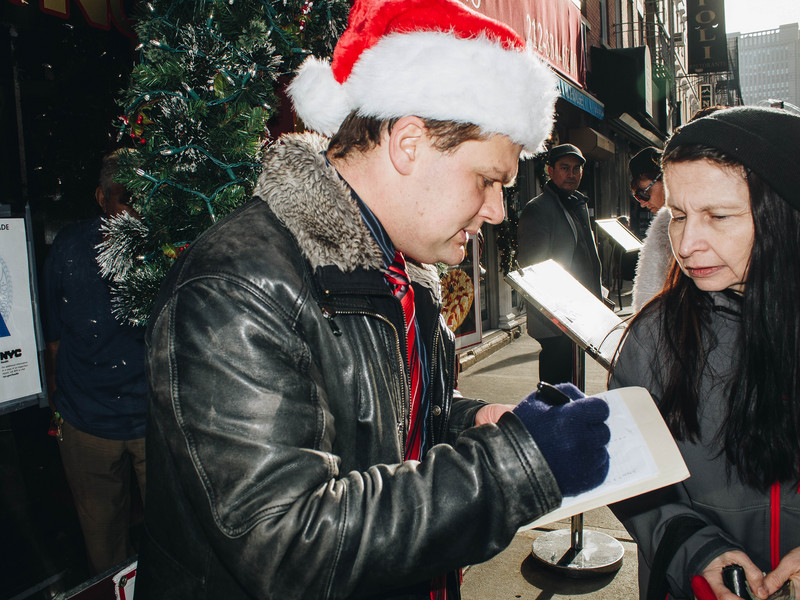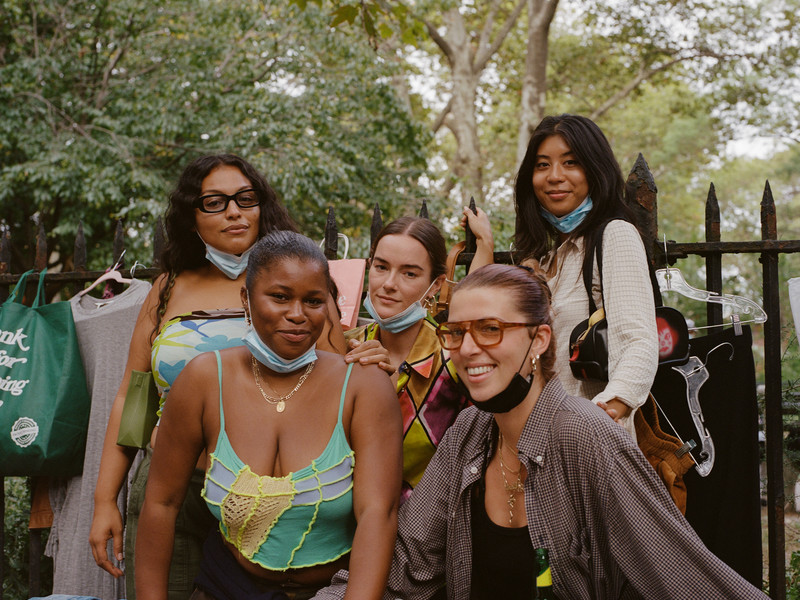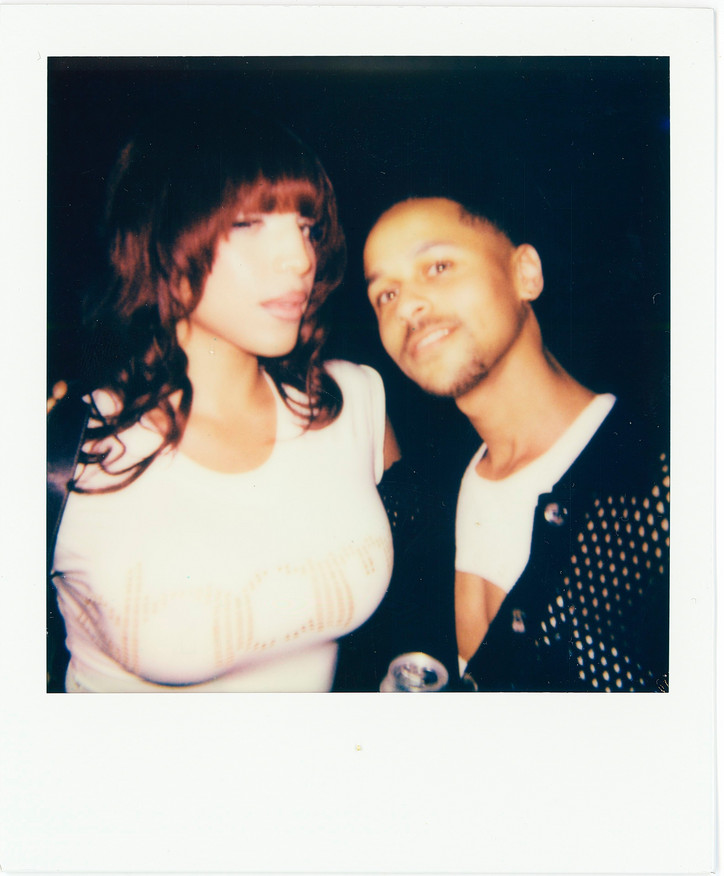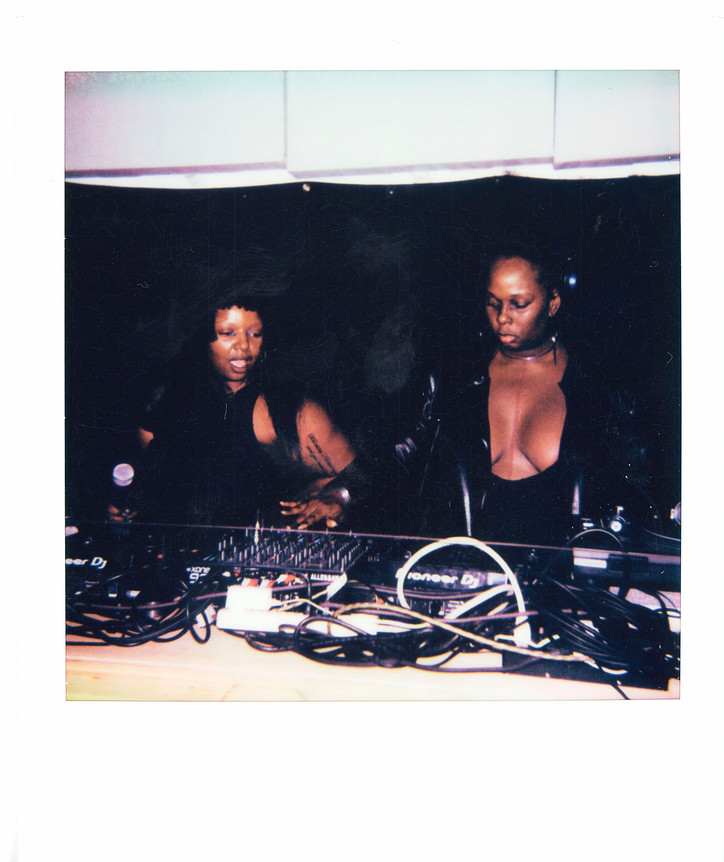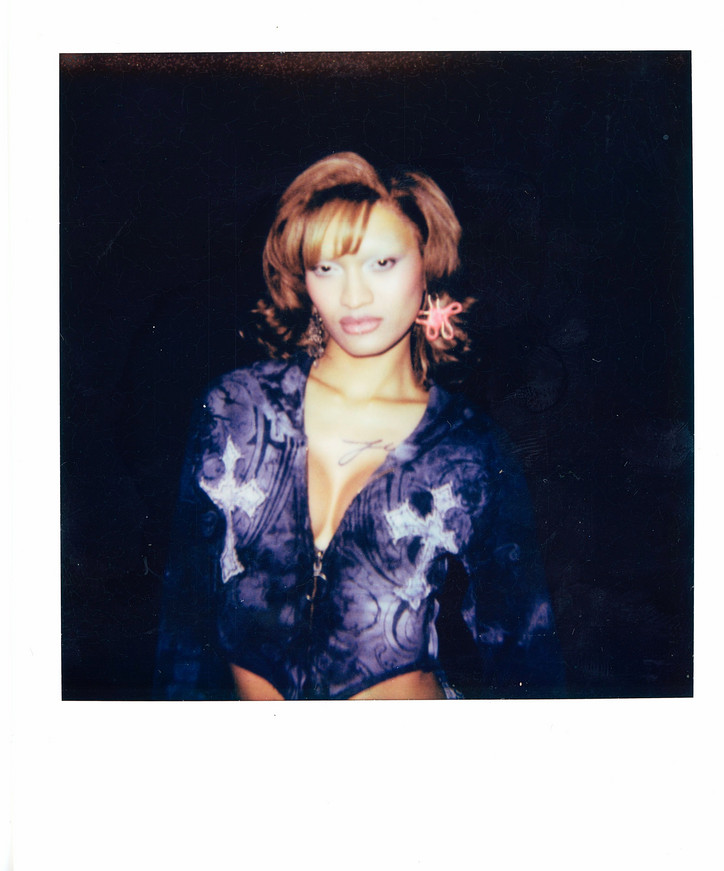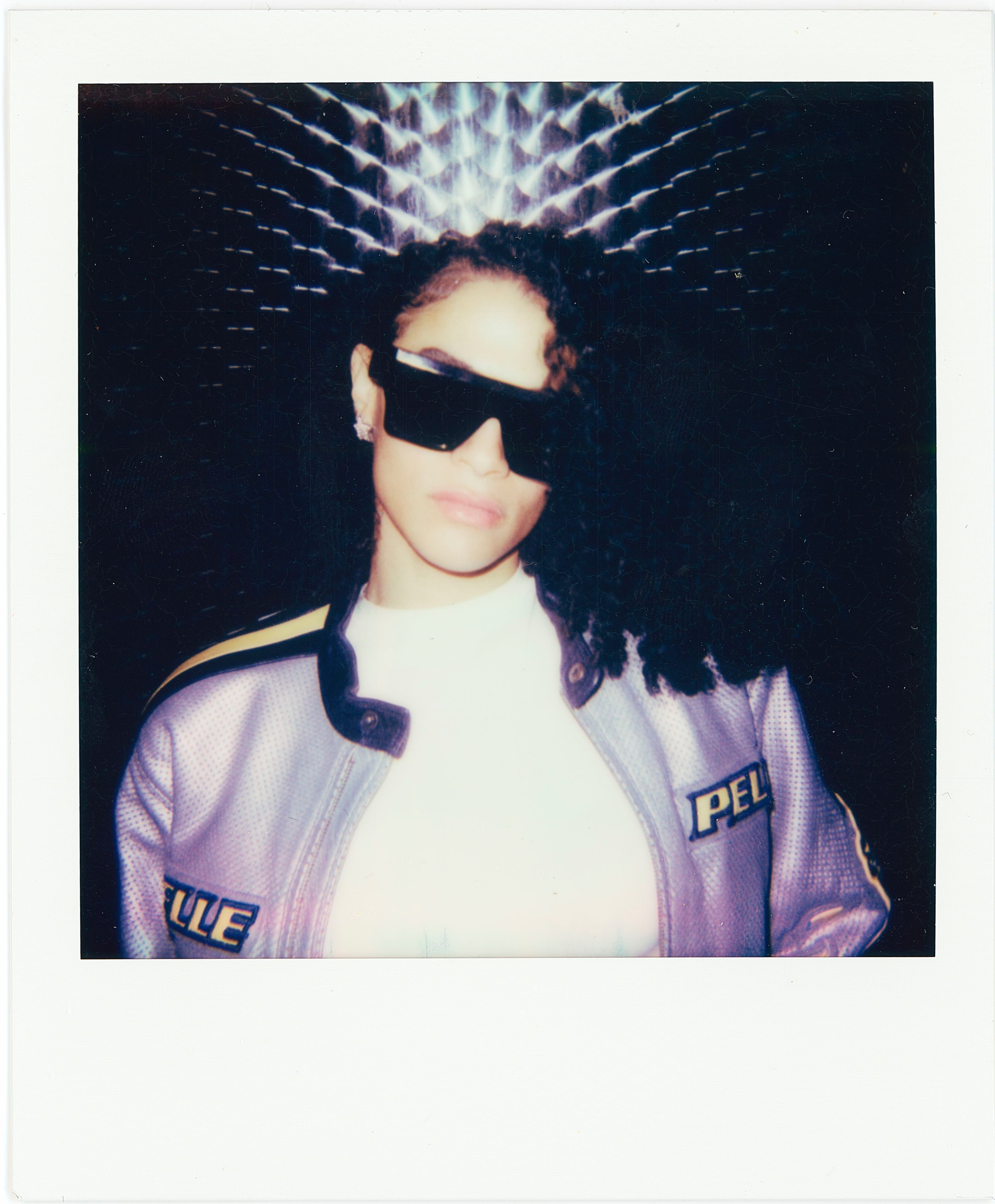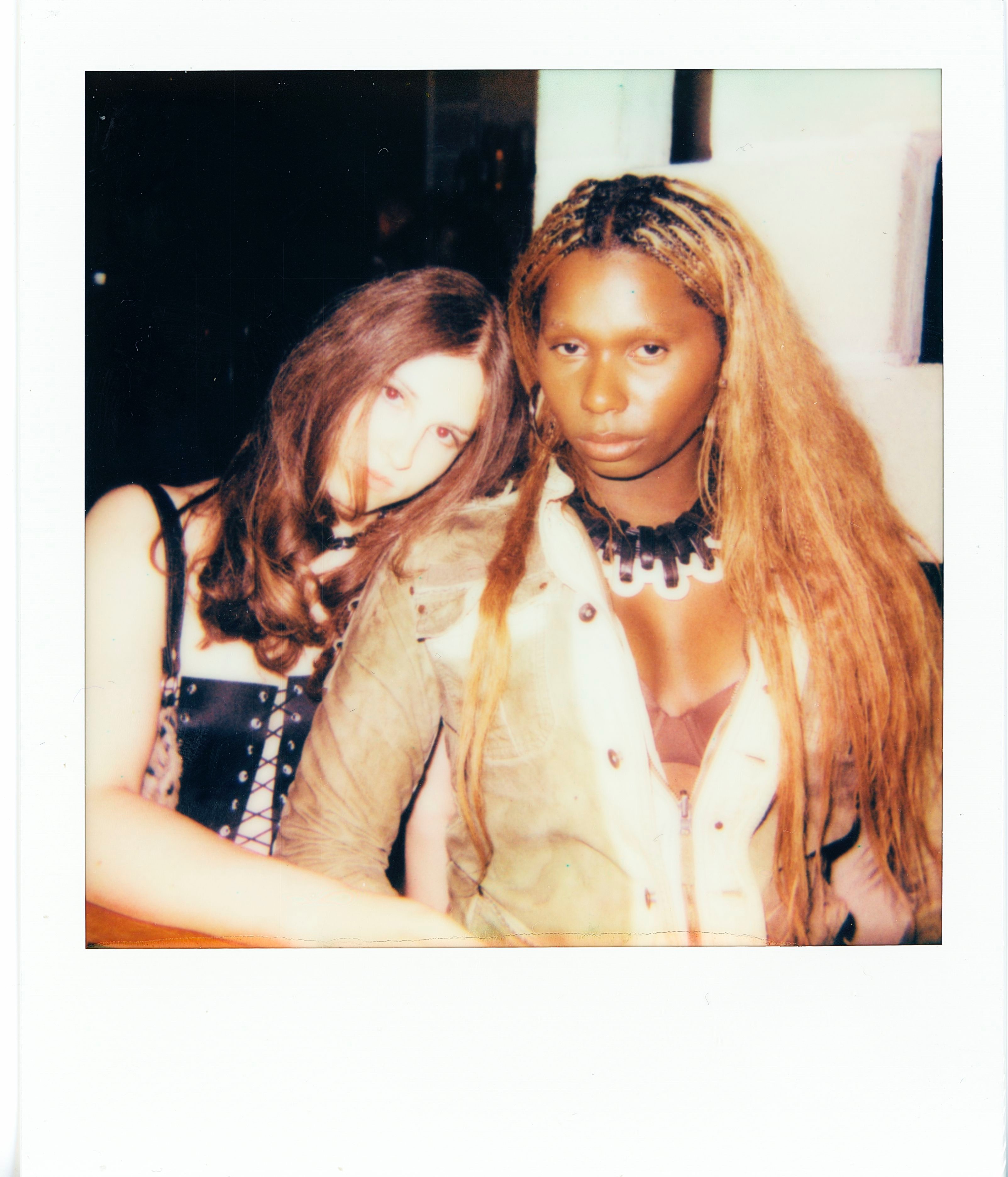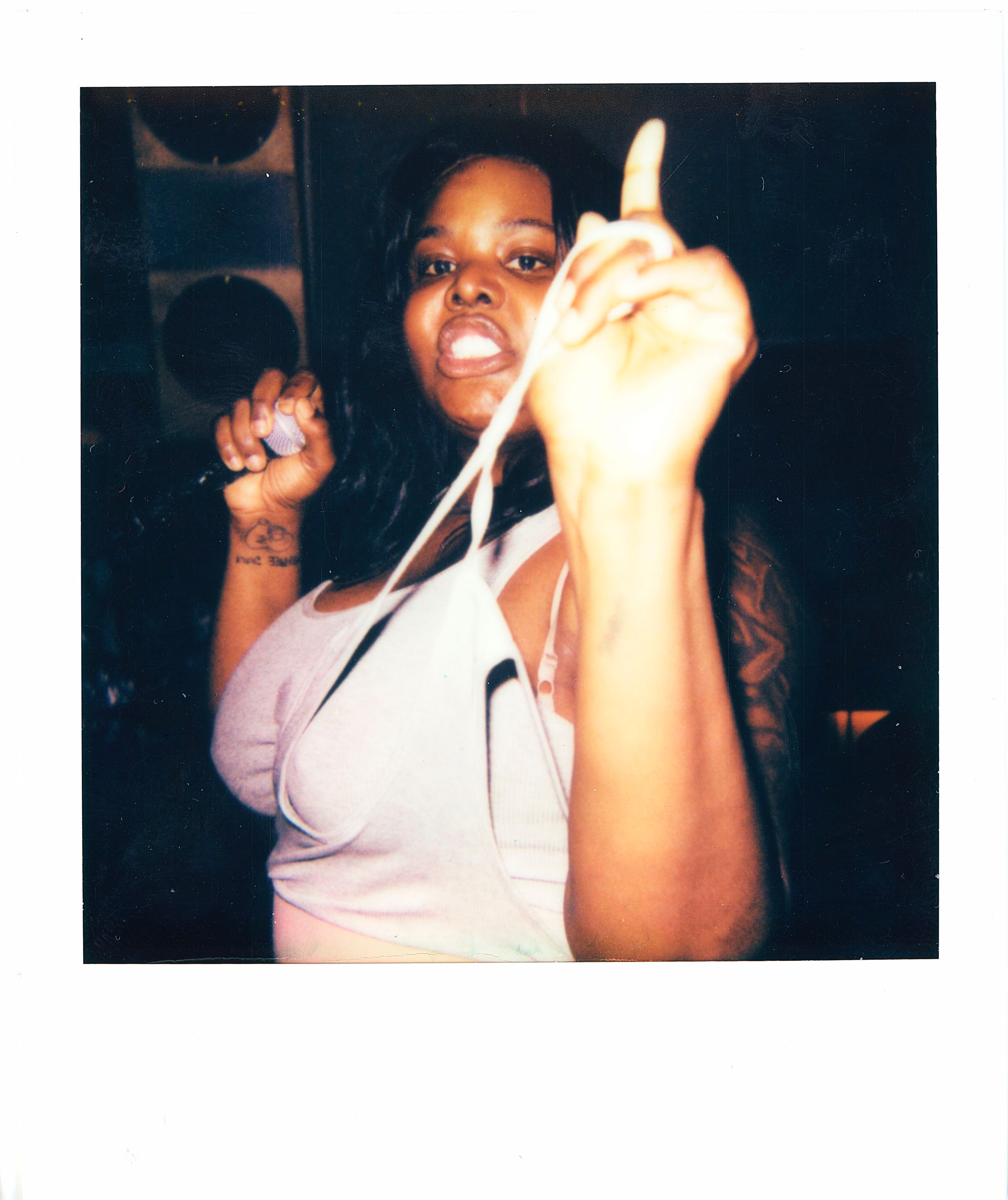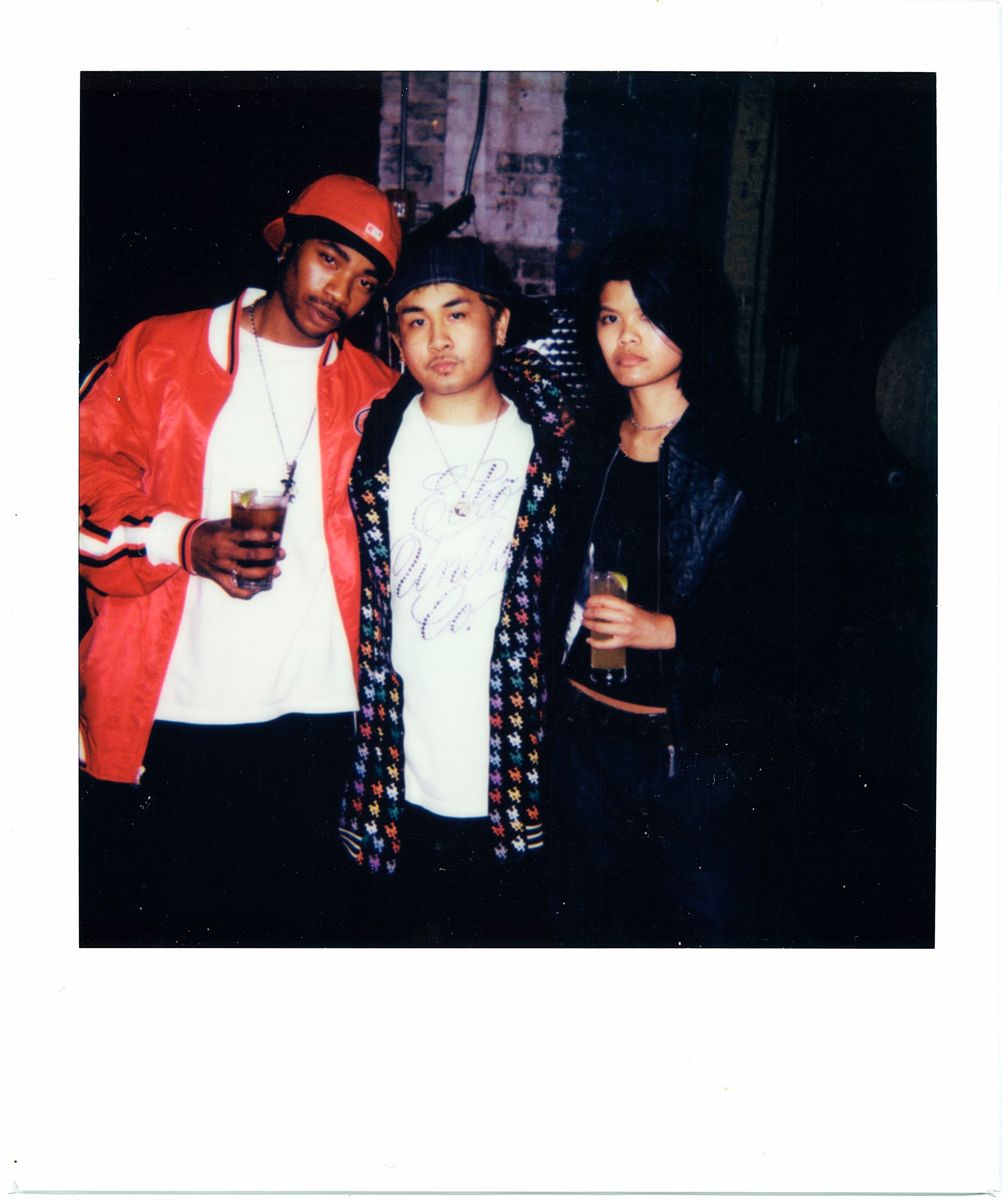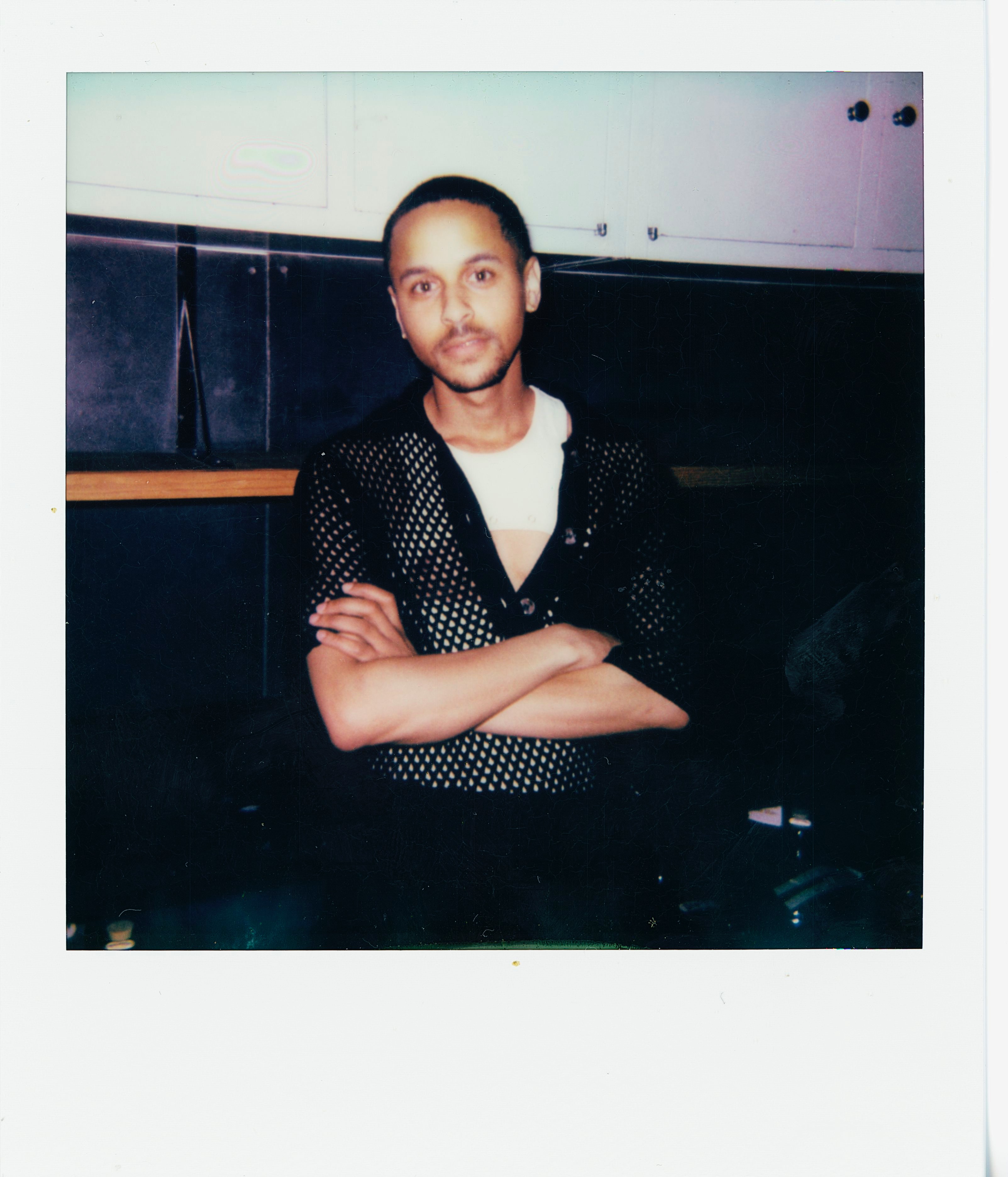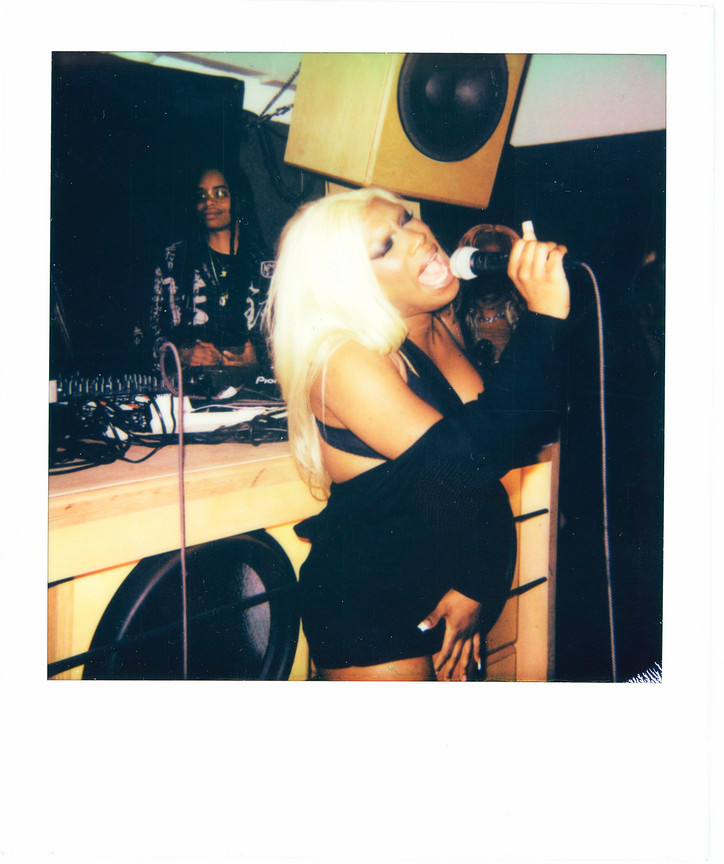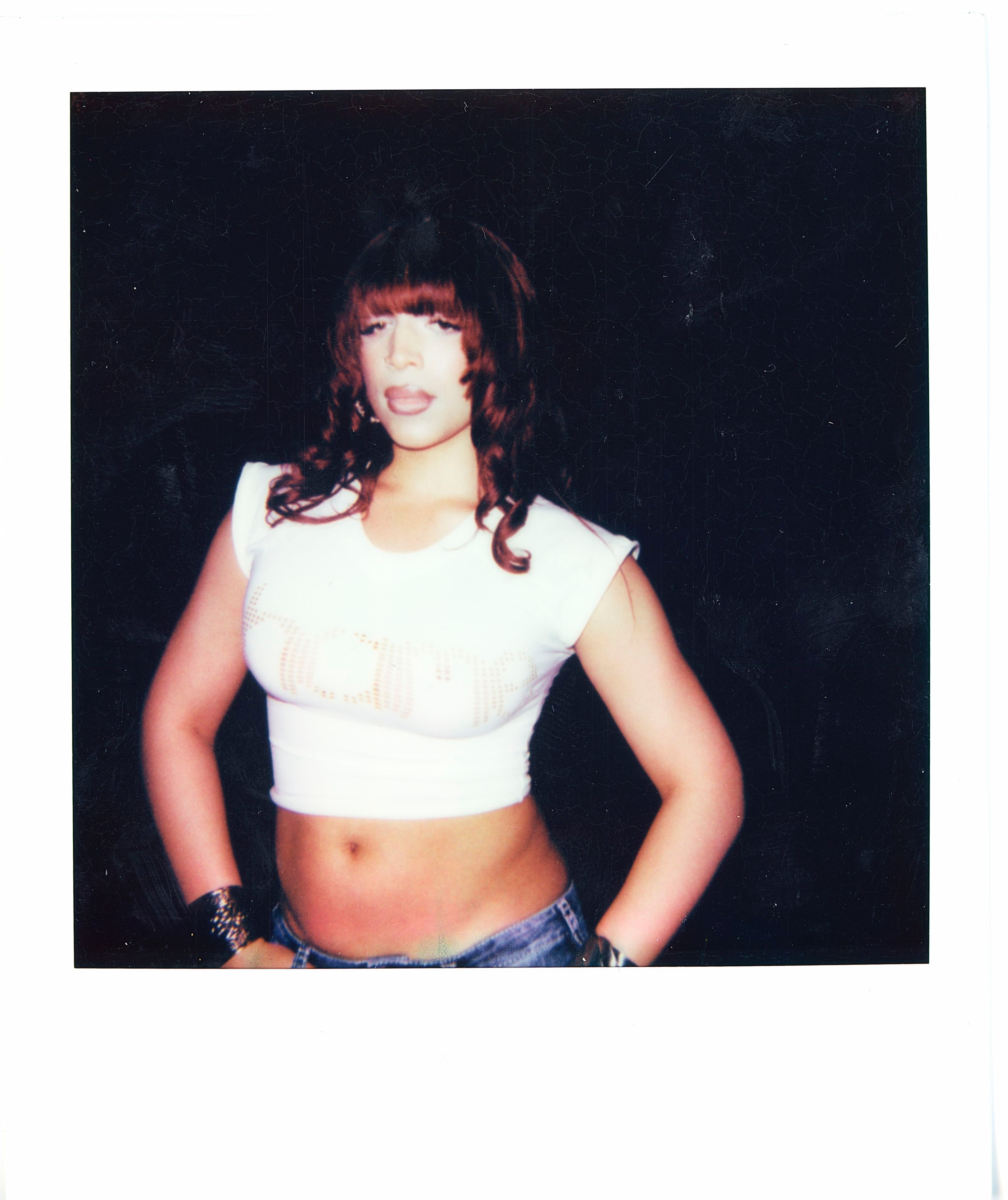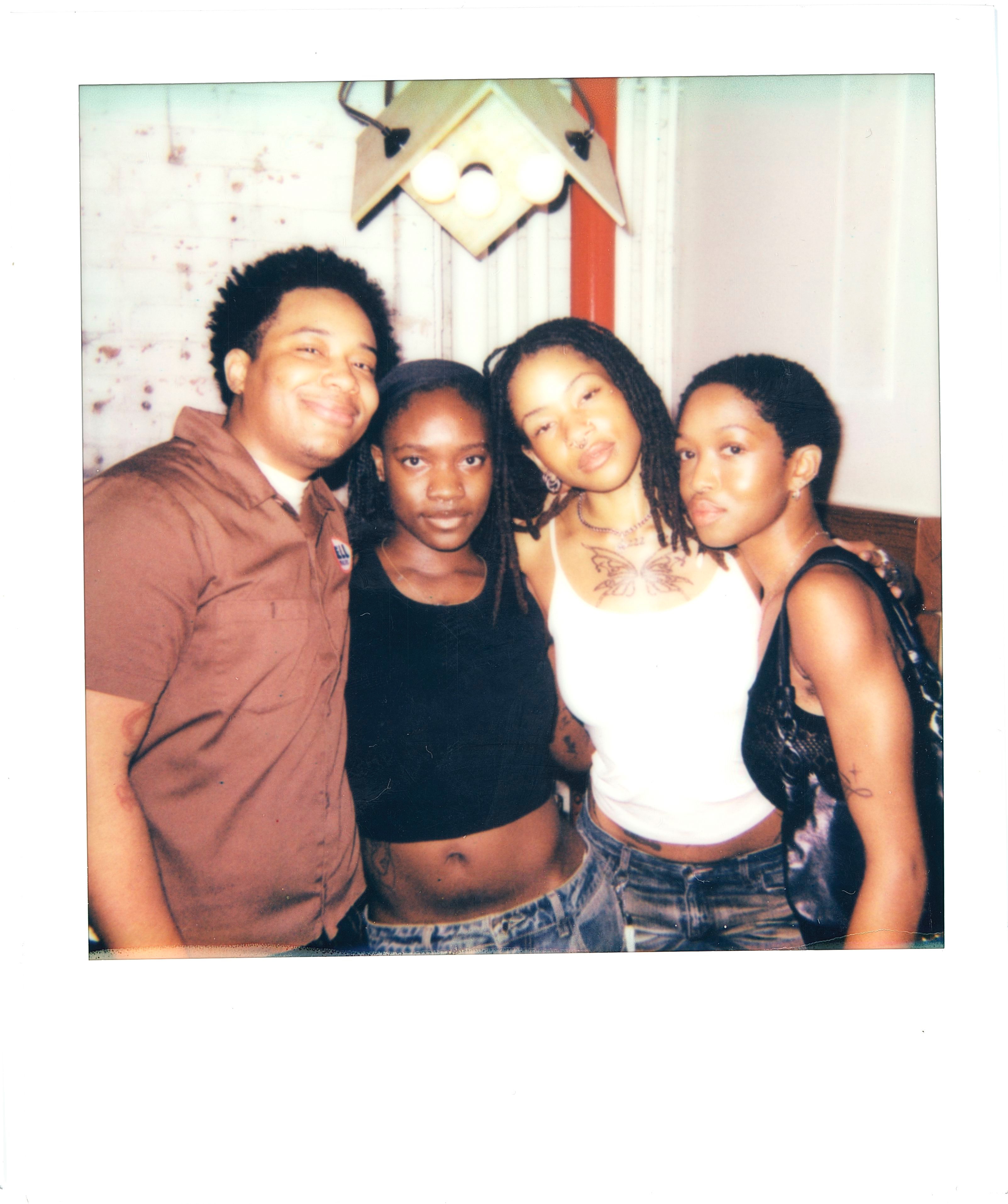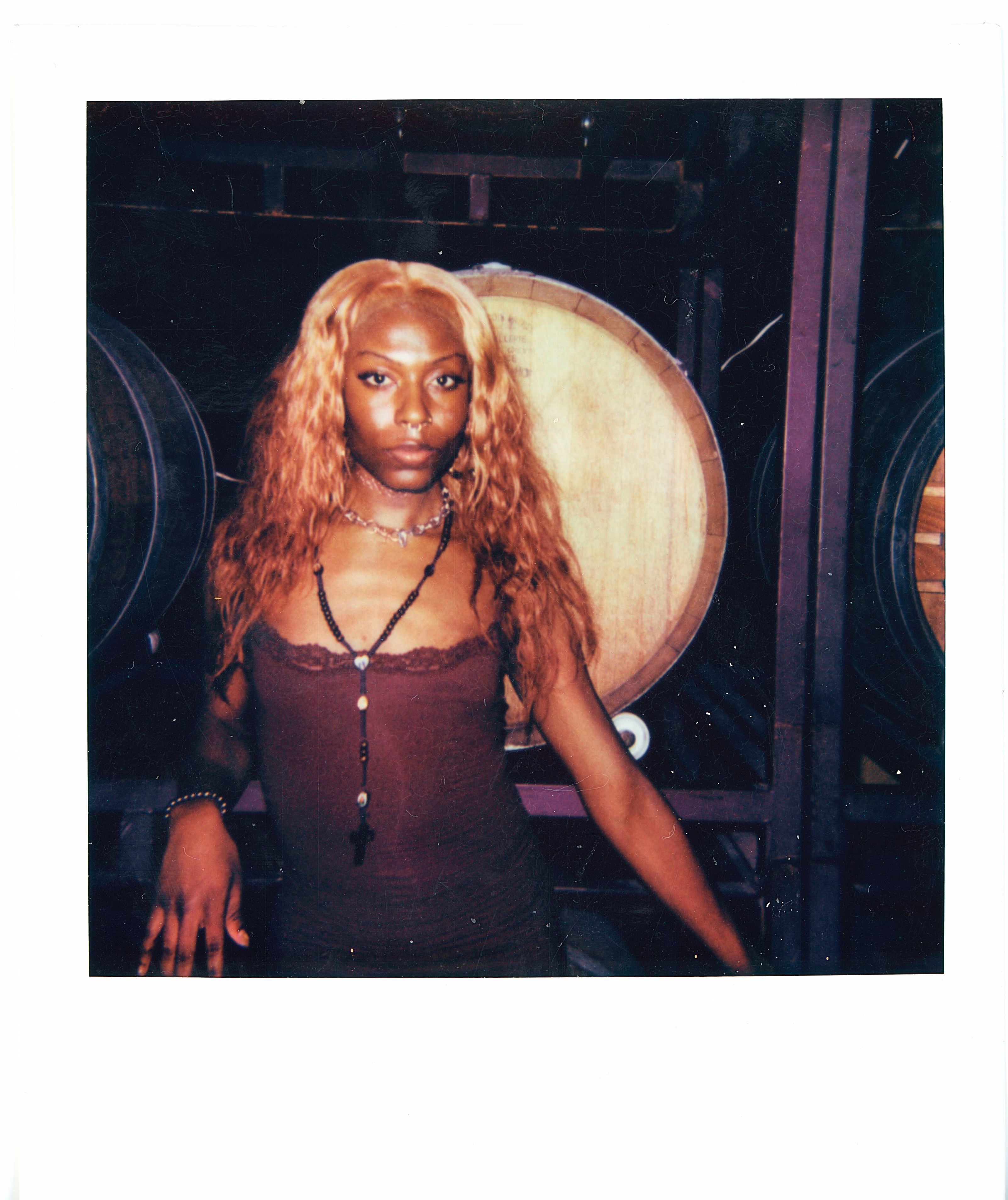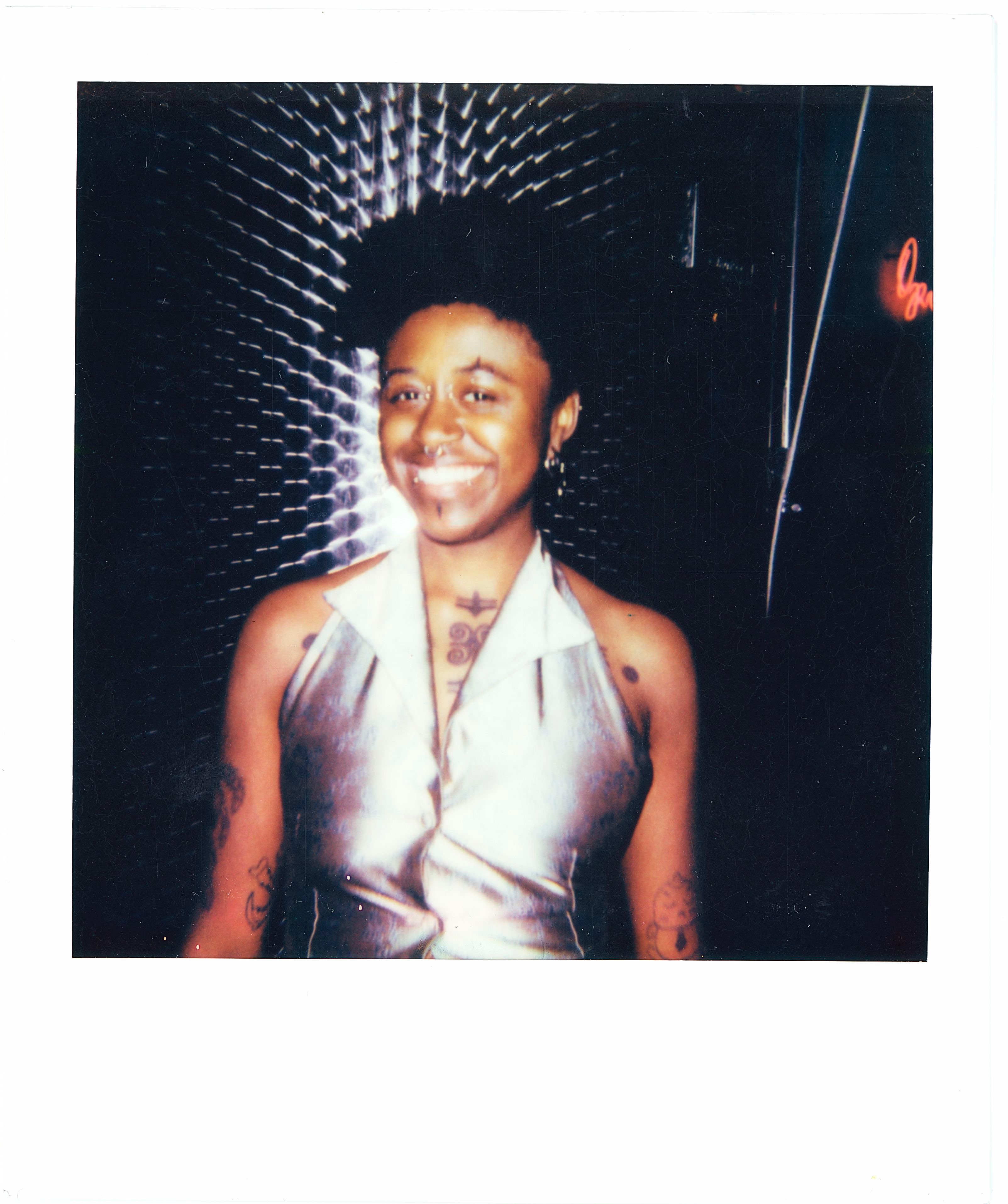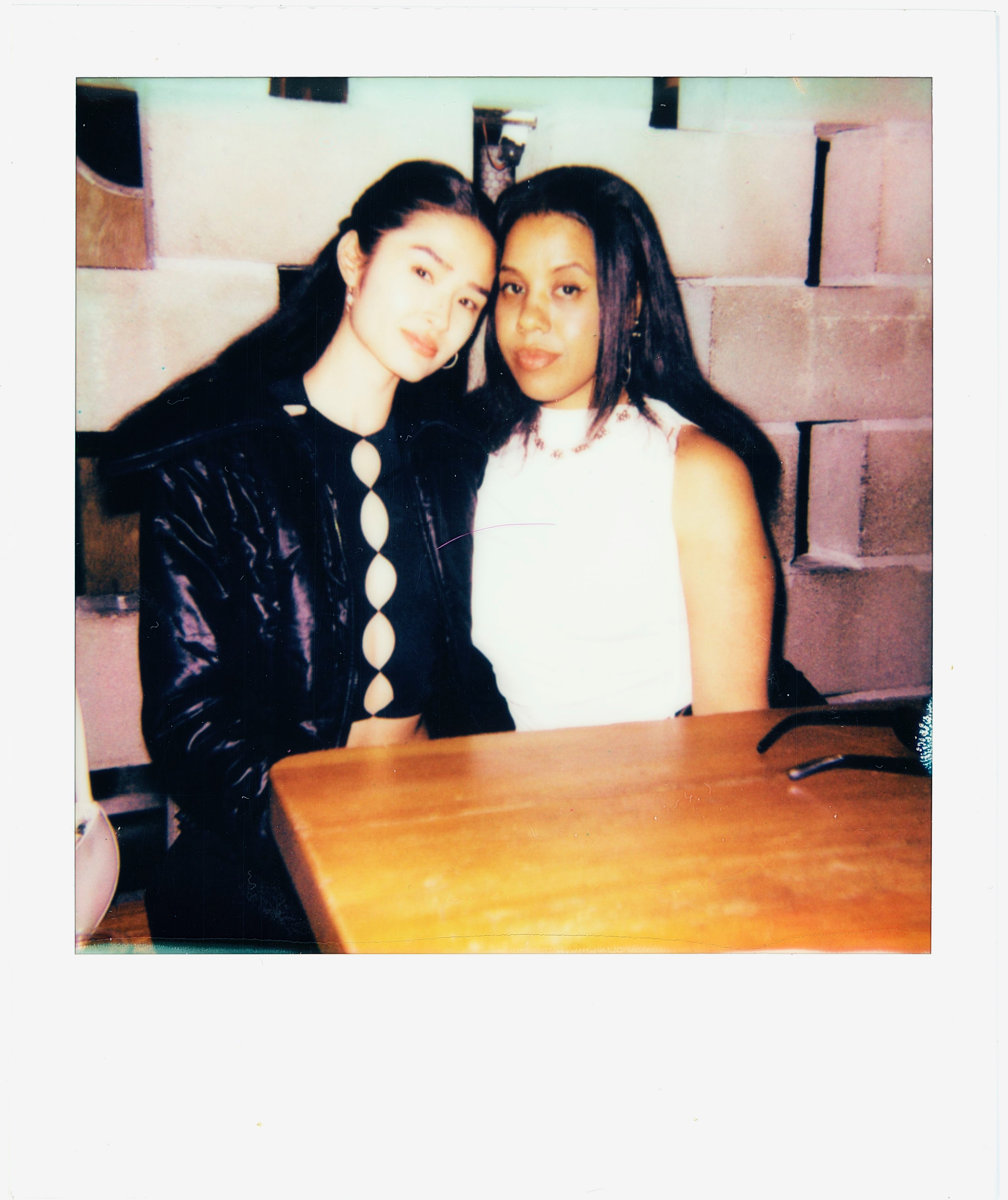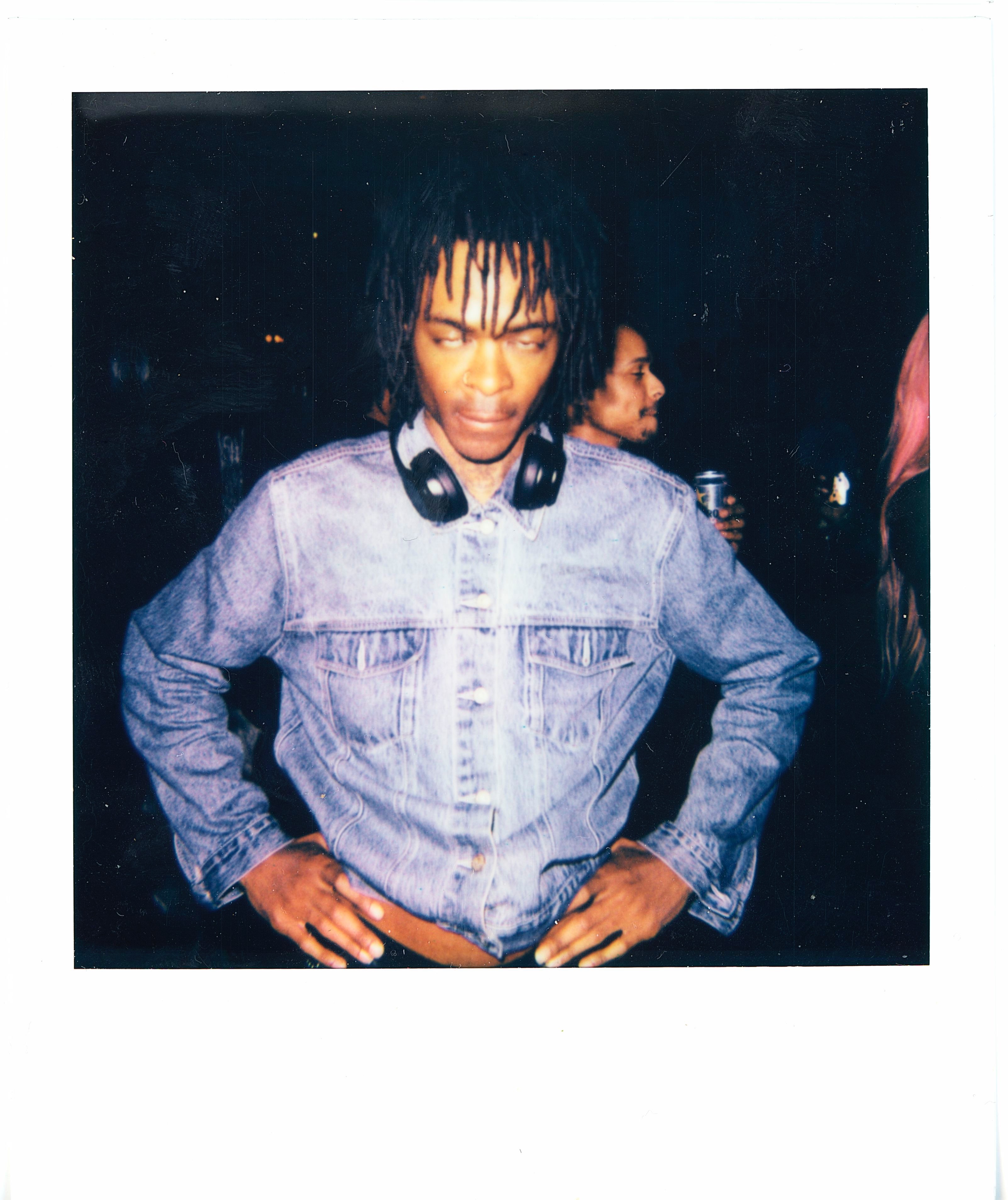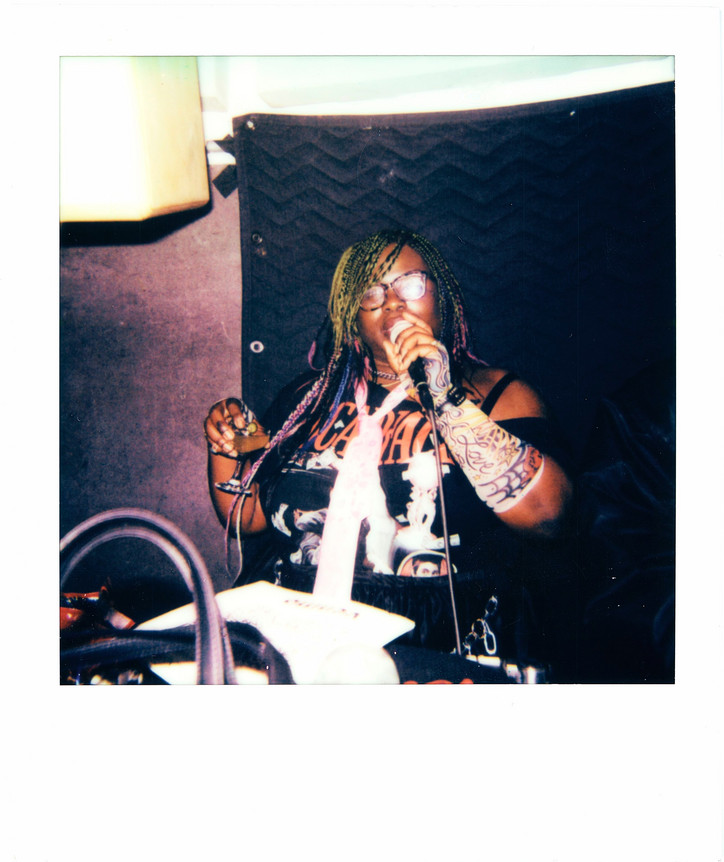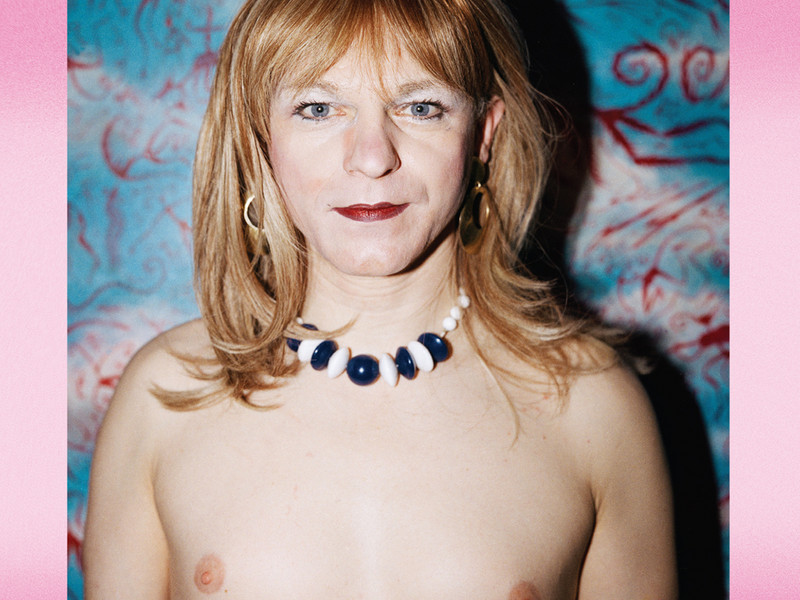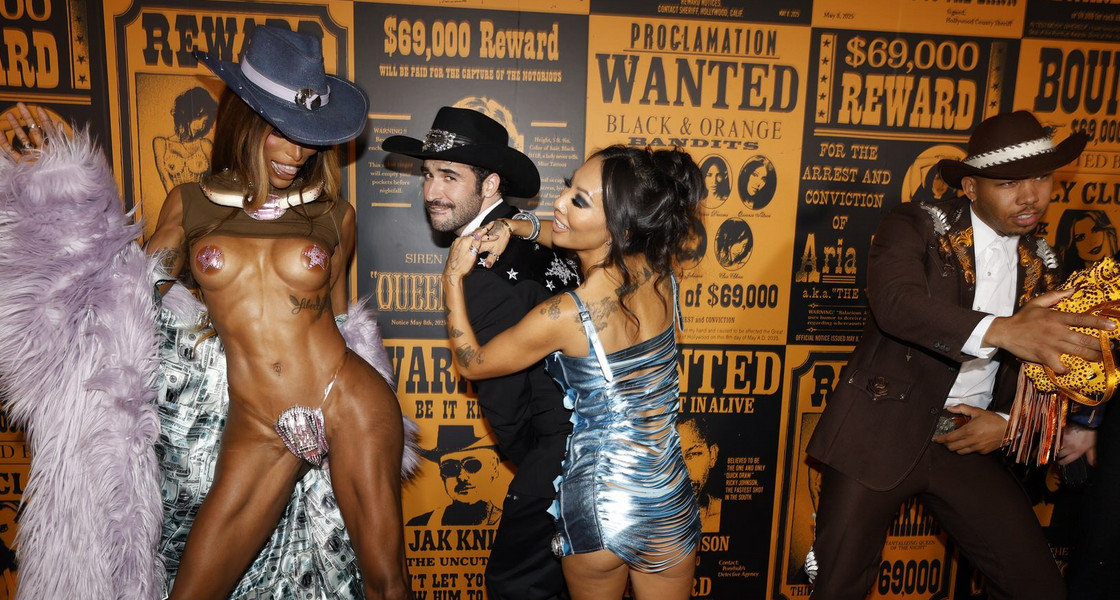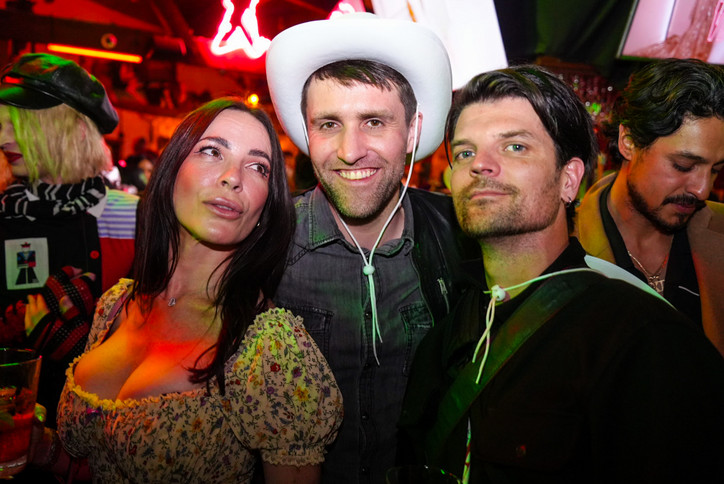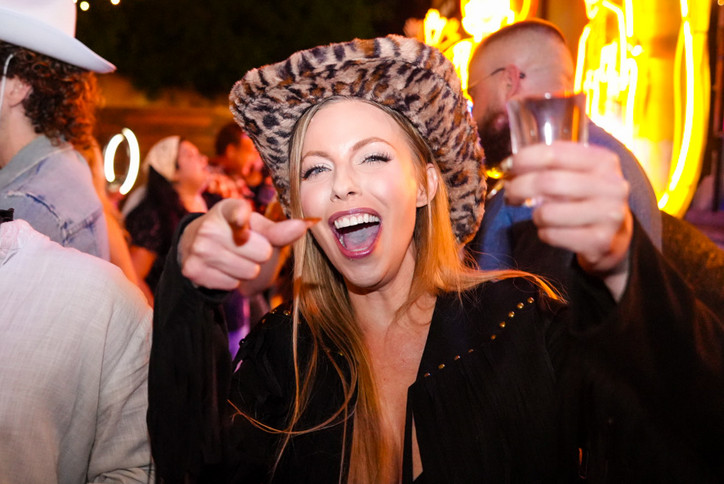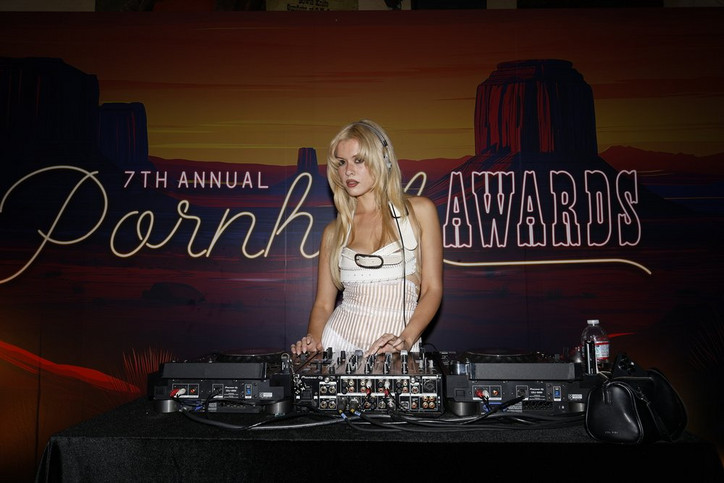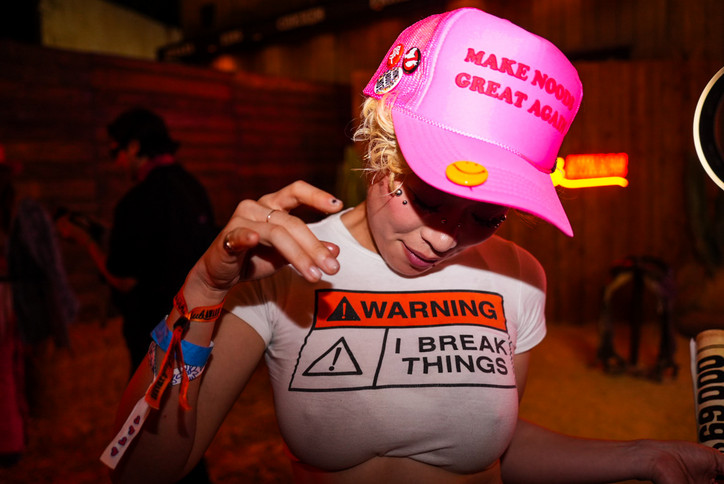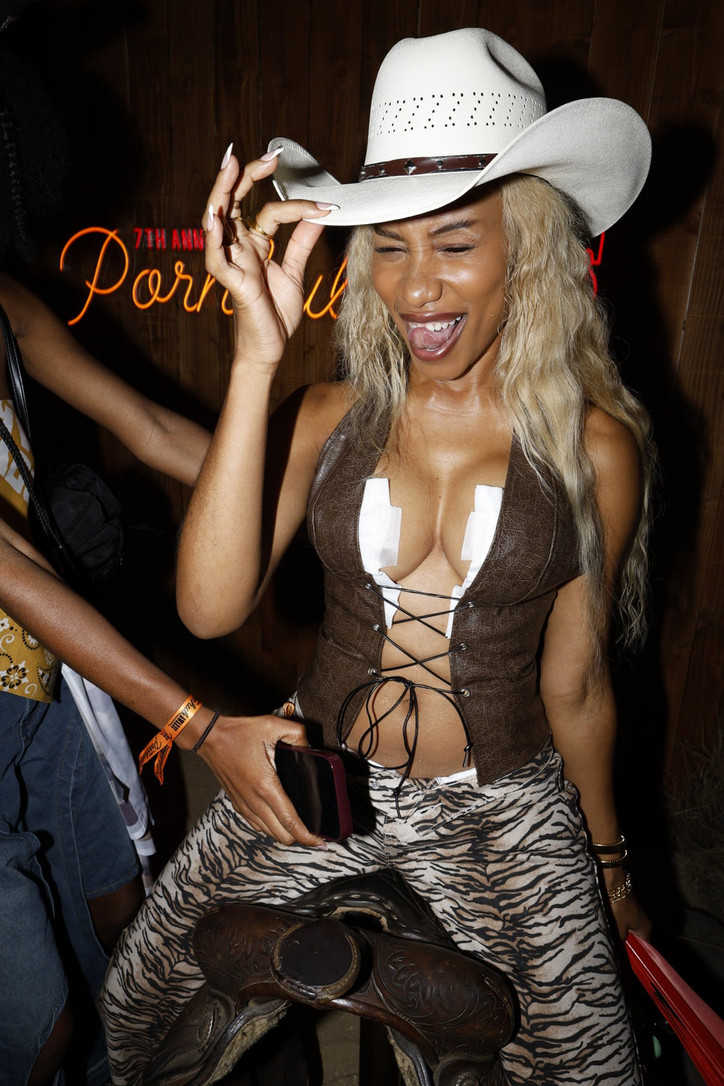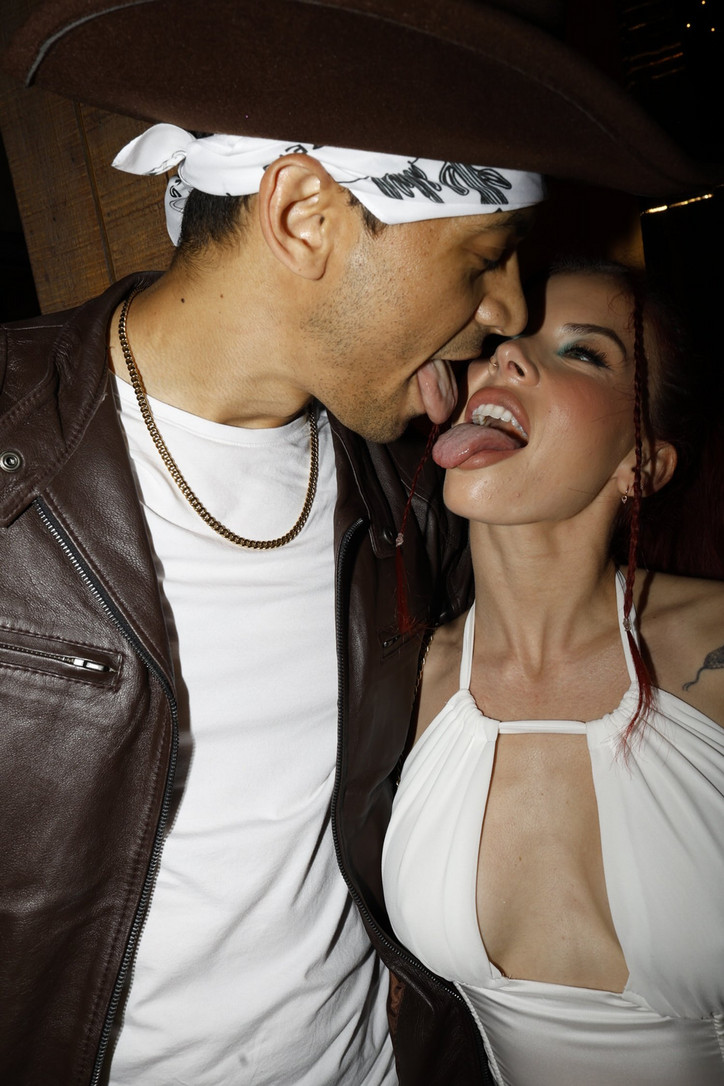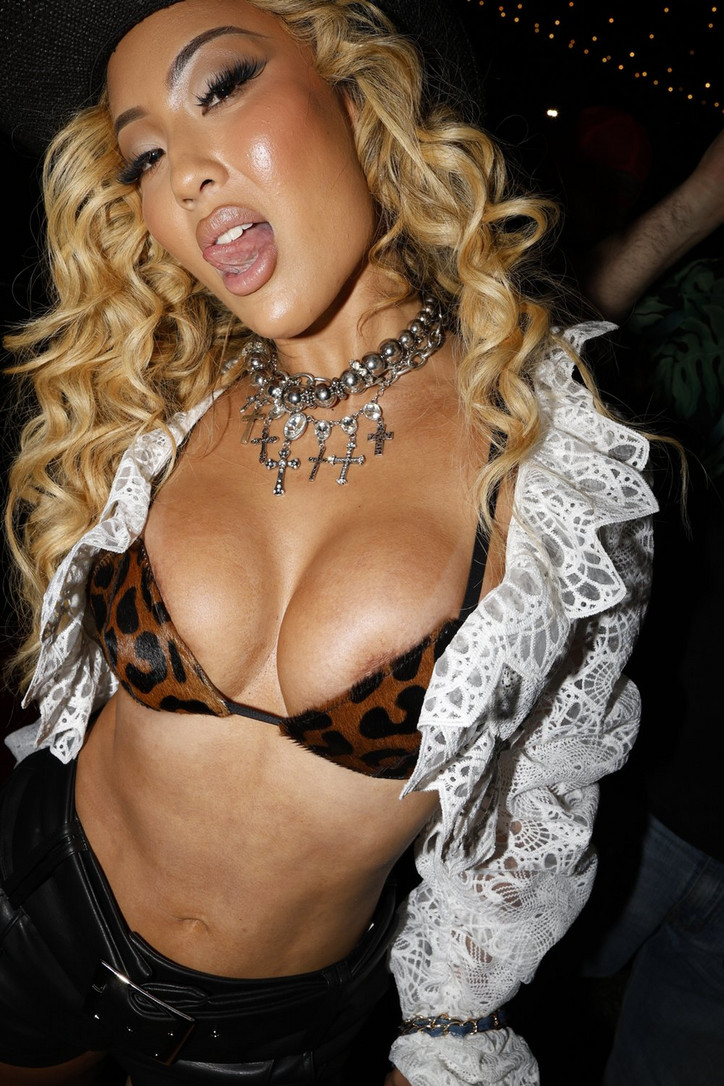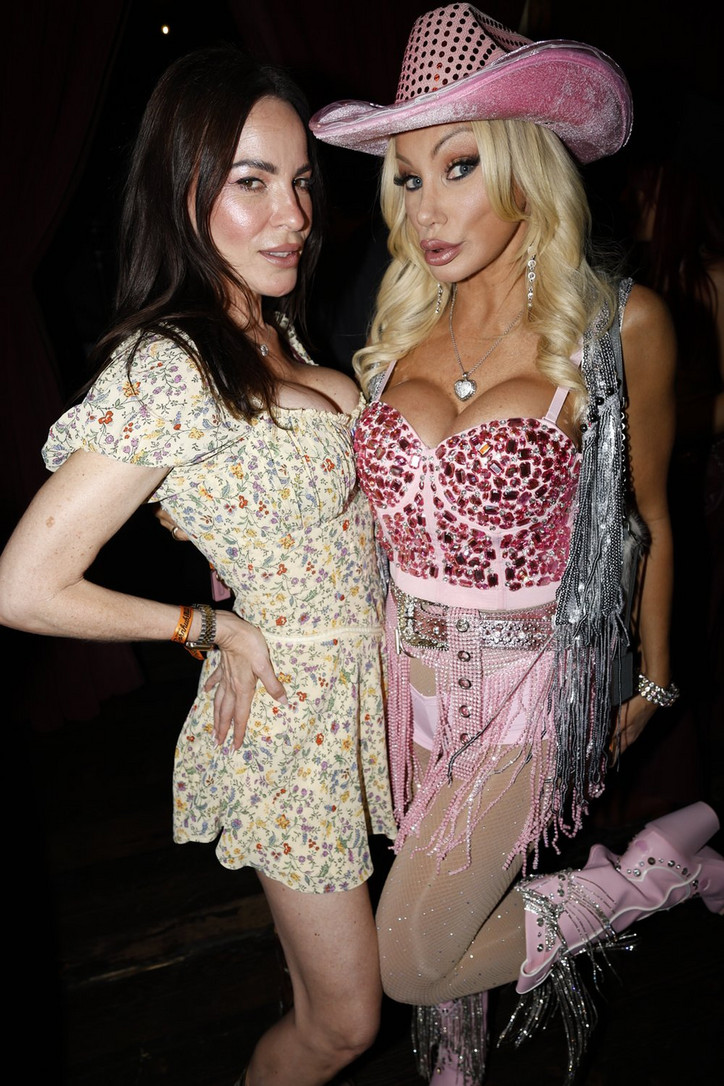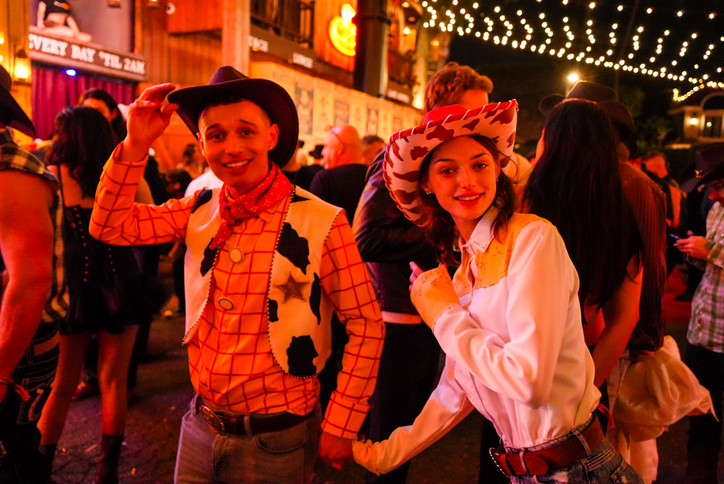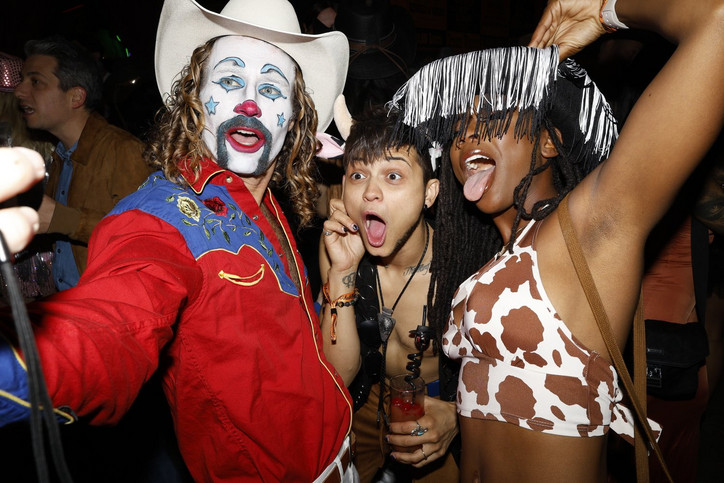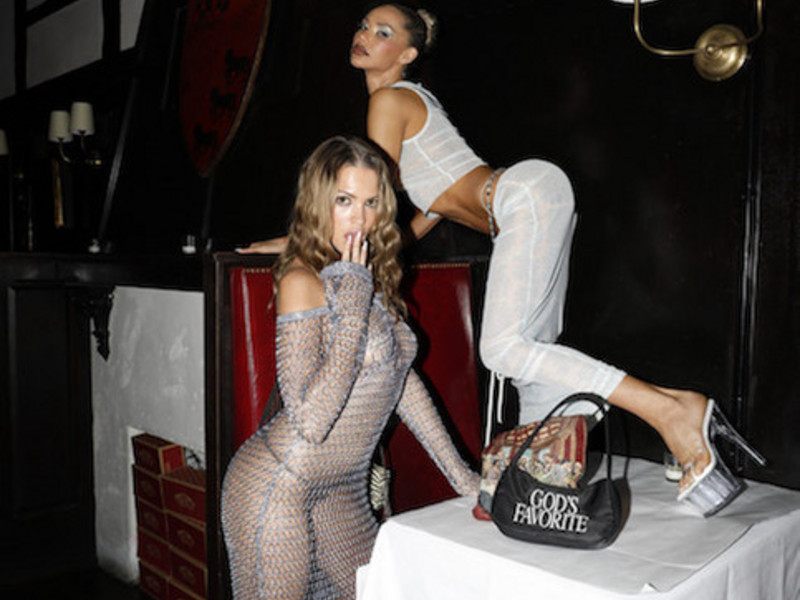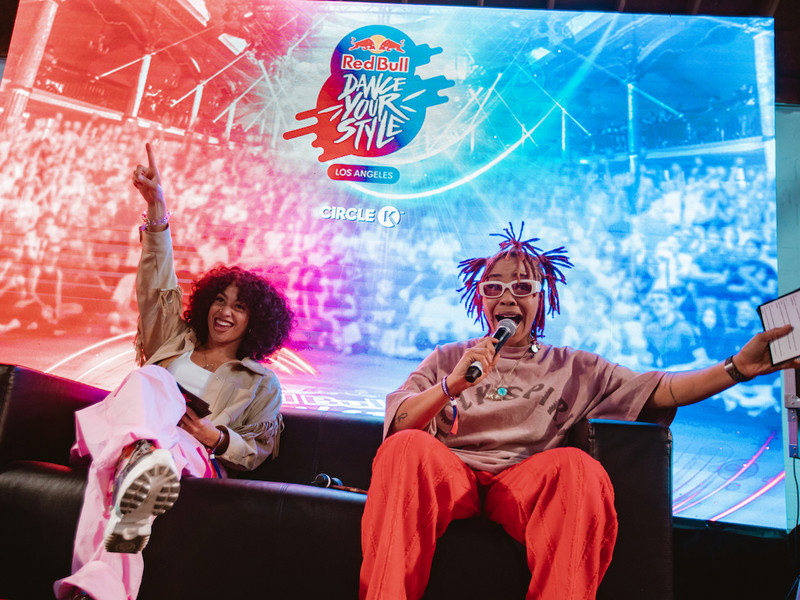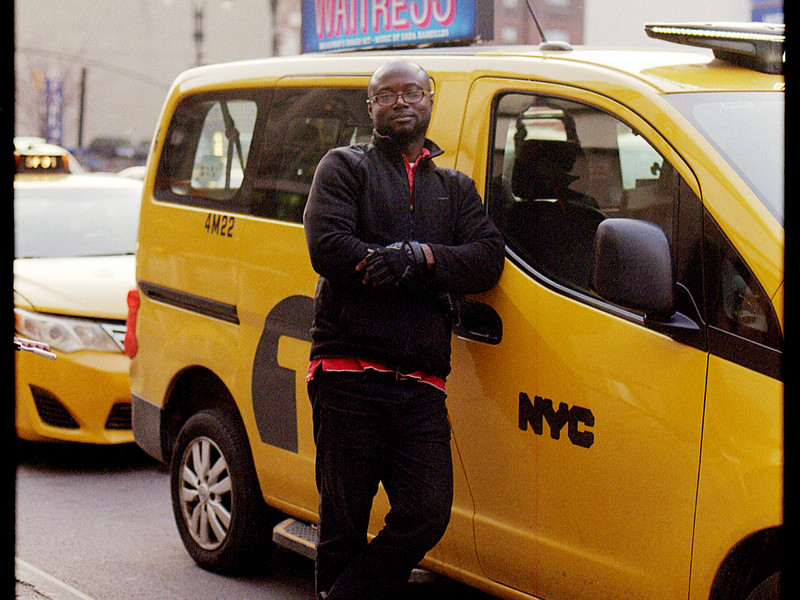Harley Chamandy Will Not Let Cinema Die
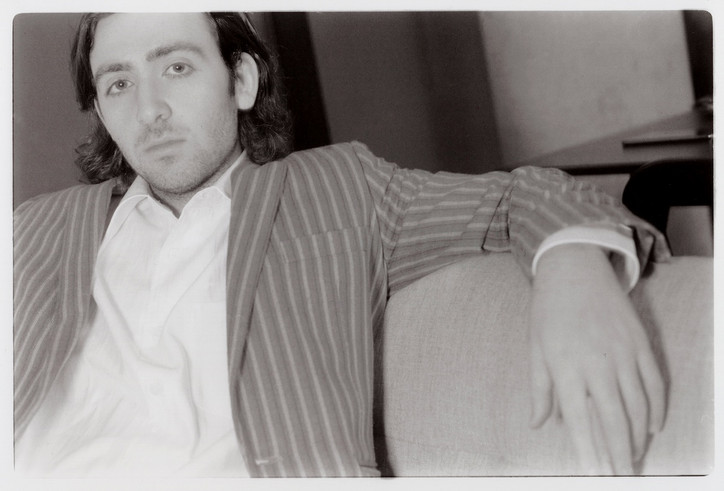
The polarizing values of seclusion and companionship in Allen’s life are accentuated by the nature of his environment: placid woodlands, serpentine pathways, a big, blue body of water. When I connect with Chamandy through Zoom, he’s eager to contextualize the journey behind the biggest piece of his young career, delving into the myriad of unrelated influences threaded into his process. At the core of his desire for artistic fulfillment is an unfettered admiration for Chief Keef, who, like Herzog, turned precocious spontaneity into world class artistry, infinitely imitated. Last year, Allen Sunshine was the recipient of the TRT First Cut+ Award at the Karlovy Vary International Film Festival in the Czech Republic. This July, Chamandy will be in Germany for its world premiere at the Munich International Film Fest.
The way Chamandy describes Allen Sunshine is like a soccer dad raving about his daughter who plays striker for the school team; the sheer level of pride shines through immensely. Across half an hour, Harley Chamandy goes into detail about the subtleties that make up Allen Sunshine, what he’s learned about the film industry so far, and the use of music as a storyteller.
Olivier Lafontant— Allen Sunshine largely centers around the life of an ambient music producer and former record executive. Where did the inspiration for this come from?
Harley Chamandy— It all began with an artist named Ethan Rose who did all the music for my film. He’s an electronic artist who did music for Gus Van Sant’s Paranoid Park (2007) and Showing Up (2022) by Kelly Reichardt. One day when I was in high school I had his album called Ceiling Songs and it made such a strong impression on me that I kept listening to it every day, and it sort of got me into that world of that music. When I was writing this script, I always knew that it had to be that type of music, I just didn’t know that I’d be able to work with my favorite artist, Ethan Rose. I was playing his music the whole time while writing the script and once I finished it, I reached out to him [by] cold email ‘cause that’s my thing and you never know what will happen. He really liked the relationship with Allen to the music and that’s something he really wanted to take on, and he thought that was an interesting challenge for him as an artist. I really think [ambient music] is the most introspective form of art and of music, and I really thought that I had never seen that in film, you know, someone really making art for themselves. In a larger context, I think that electronic music is an artform that’s really for the self and what can happen with the instruments. It’s never really about thinking about the consumer, which I was very interested in.
Yeah, especially with Allen in the movie. There’s the scene where his brother sees his studio and asks him what it’s for, and Allen tells him that it’s only for himself. How do you feel like the music itself informs the narrative of the film? How does it represent Allen as a character?
Well I definitely think that it’s a tool that’s used to display the introspection of the character––how he’s feeling, what he’s thinking about––without having to say anything. Just through the music we can understand his state of mind, and how he’s feeling about things. After the brother comes, the music is way more somber, and then when he hangs out with Bill, the man who comes with the fruits and veggies, there’s something more uplifting and optimistic. I thought it was so interesting to play with the headspace of the character in regards to the music.
Considering this is your debut feature film, what are some of the challenges that came with fleshing out a script across 80 minutes or so?
Literally everything you could imagine. They say don’t work with dogs, don’t work with kids, don’t work with fire, don’t work on the water; I literally chose to do all of it. Plus we shot it on film which was another crazy challenge because we shot in Canada, two hours from the city where we were developing, so we had someone drive the film back every day. I think the biggest challenge really was getting people to believe in a young filmmaker. I made the film at 22 and [had to gain] people’s trust, not just on the financial side of things but also on the creative level. Making a film is very challenging but also very rewarding.
You mention shooting it on film and I noticed that within the narrative itself, a lot of the items and tools used in Allen Sunshine are analog: Allen’s music equipment, his film camera, even the housephones. Why did you feel like it needed to be in a time period that represented that?
That was a huge part of the film. I always had this feeling that I wanted all my films to feel timeless, like there was no way to feel what the time period would be. When I was developing the visual language and shooting on film, we had a production designer, but I was so specific on finding my props on eBay and I feel like every little detail mattered so, so much: the color of the housephone, what kind of camera he was using (a Contax G2 ‘cause I think that’s the nicest looking camera), all the synthesizers––that was one of the biggest challenges of the film because it’s so hard to find this gear. I spoke to a lot of costume designers before doing the film and no one could understand what I was trying to say, so I worked with my girlfriend who has never done costume designing before, but she almost spoke the same language as me in terms of what I was trying to get out.
There’s a real pervasive sense of subtlety that moves the plot along and the majority of the narrative is informed through context clues and vague dialogue. Why do you think it was important for the narrative to be presented that way?
I just think that so much art these days made by young people or for young people is so in-your-face and always very edgy and out there. I think that’s totally cool, but I wanted to have a refreshing sensibility for my generation and I wanted to evoke more of a nuance in terms of the sensitivity of dialogue and how to approach things, and really ask the viewer to slow down. That was a really big thing for me. To be honest it’s something I’ve been chasing for so long, this type of feeling.
Does the overarching theme of grief and mourning derive from personal loss? What drives you to write and direct films of this nature?
I never thought the film was a film about grief, but I really thought it was a film about love and what it means to live without it. That’s always how I wanted to approach it. I know on the surface it’s a film about grief, but to me it’s about finding love in new forms. It’s a film about reawakenings, and finding new outlooks on life, and what happens after loss.
How do the characters you write derive from the characteristics of the people in your life, if at all?
Well if we get really deep into the subconscious, I grew up with a mother who’s a musician. I grew up coming home every day [seeing her] in the studio making music. I never looked at it that way, but I think those are always characters I’ve been inspired by: people that were doing their own thing in their own way. Maybe Allen comes from that. But I’ve also been fascinated by the big mogul kinda characters that also have this really artistic side to them, but we never really see it in the media. I think we haven’t really seen that type of character in a film before: a very rich, successful music industry guy who’s also making ambient, super alternative stuff. I thought that was a really cool juxtaposition. I guess with the kids, I feel like we’ve all grown up with the chubby kid with the long hair. It's almost like everyone kinda knew these people somehow or some way.
What was it like submitting Allen Sunshine to the Karlovy Vary International film festival?
I was part of this lab called First Cut lab which is run by this amazing person, Matthieu Darras. Many of the films go on to play Cannes and Venice and the major film festivals, and I was lucky enough to be a part of it. Then they have First Cut+ lab in Karlovy Vary, Czech Republic, which is where we meet with mentors and sales agents, and then we pitch our movie to 300 people. There were eight [finalists] and the jury picked what they felt was the best film. Now we’re world premiering at the Munich International Film Festival in July which is super super exciting. But yeah the submission process is very challenging, especially these days where not just so much about how great of a film you make but there’s definitely a lot of politics involved. I think as a first-time filmmaker with not a lot of industry connections, it’s more difficult than I had anticipated, but I’m really grateful for the journey.
Can you describe the process, even outside of Karlovy Vary, of finishing the movie and now promoting it as much as you have even two years down the line since completion?
What I’m really grateful for is that I’m so proud of this film, I really think that it’s everything that I think cinema should be in terms of the sensitivity, the images, the dialogue. I’m really pushing what I wanted to push, which is this optimistic approach. When I announced my film I said that “to choose optimism is to choose happiness,” and I think that’s really the core of what I think the film is about in a sense. Especially as a young person, I really feel like cinema is dying, and [with] the stuff that’s coming out, people get less and less interested. I think what makes great cinema is having young artists with very strong points of view and aesthetic points of view, and not being so worried about storytelling. That’s what I really think is the downfall of cinema is that we’ve always spoken about it as storytelling, but it’s so much more than that. It’s aesthetic, it’s visual, it’s sound, it’s feeling. I think with Allen Sunshine, what I’m the most proud of is I was chasing a feeling and I wasn’t chasing a plot narrative. I was collecting images when I was 17, 18 of old images from thrift shops, and a lot of the references are high fashion and a Canadian painter named Alex Colvill. [There aren't] a lot of cinema references at all. Now to have it out, I feel like it’s a huge part of me that I’ve never been able to show to anyone.
Could you speak more on the high fashion influences? What particularly about certain fashion labels drew you to making a film like this?
I was extremely inspired by Alexander McQueen and Margiela and the way that they [have spoken] about fashion… in a sense I relate more to them than how filmmakers speak about film these days. This aesthetic point of view that they’ve pushed, this nuance––it’s the sensitivity, the details. And the way that these designers speak about things, and their lookbooks and the images… it feels like they’re always pushing things forward. I think that fashion is one of the only artforms that is always being continuously pushed, and there’s so much avant garde but there’s always commercial appeal. There’s something that I’m trying to figure out with film; is there a way to really get to [where fashion is]? Balenciaga is doing some of the craziest shit artistically, but people are still consuming it. Why can’t that work with film? I think that’s what inspired me. Even Demna, I hear him speak and it’s so inspiring to me and that’s where I’m tryna get the film stuff to go. I just watched the [John] Galliano documentary and I feel so much more inspired by these people. I wanna hear about why you chose this type of fabric, and why this photographer? They always speak about inspiration coming from these deep places and I don’t hear that as much in film. [Filmmakers] always wanna explore culturally relevant things and I’m not excited about that.
How do you envision yourself building off of the experiences garnered from the making of this film and its subsequent promotion?
I think that I learned so much about making movies that I never thought about beforehand. It’s not just about having a script and a film and people that are down to make it, but it’s also about what happens after it, the commercial aspect of it, the international interest. I wouldn’t make the film differently at all because I’m honestly so, so proud of it, but I think [from] a business [standpoint] and a larger global context, I would think about things different. Like trying to secure a more famous cast and little things, you know? You gotta have someone attached to it that’s a bit bigger. I’ve networked so much that I’ve been able to meet the head of Sundance, the head of Venice, but I’ve realized it’s a really large game and you gotta play it right, you know? I think when you’re so young and you’re so passionate, you think it’s you against the world and you wanna make these great films. Then you get to a point where you see there’s so many other factors working. It kinda opens your eyes and you’re like “Damn, I gotta think about the art ‘cause that’s what I wanna do, but how can I make the art more global? How can I get it to more people?”





